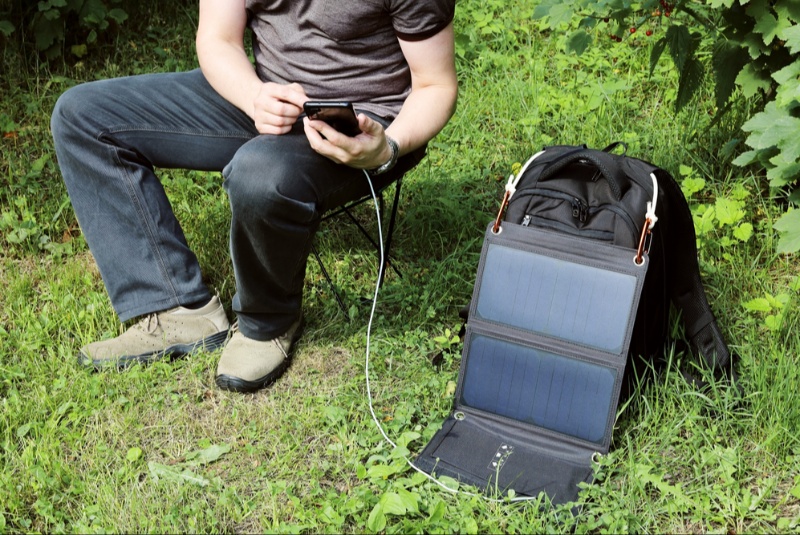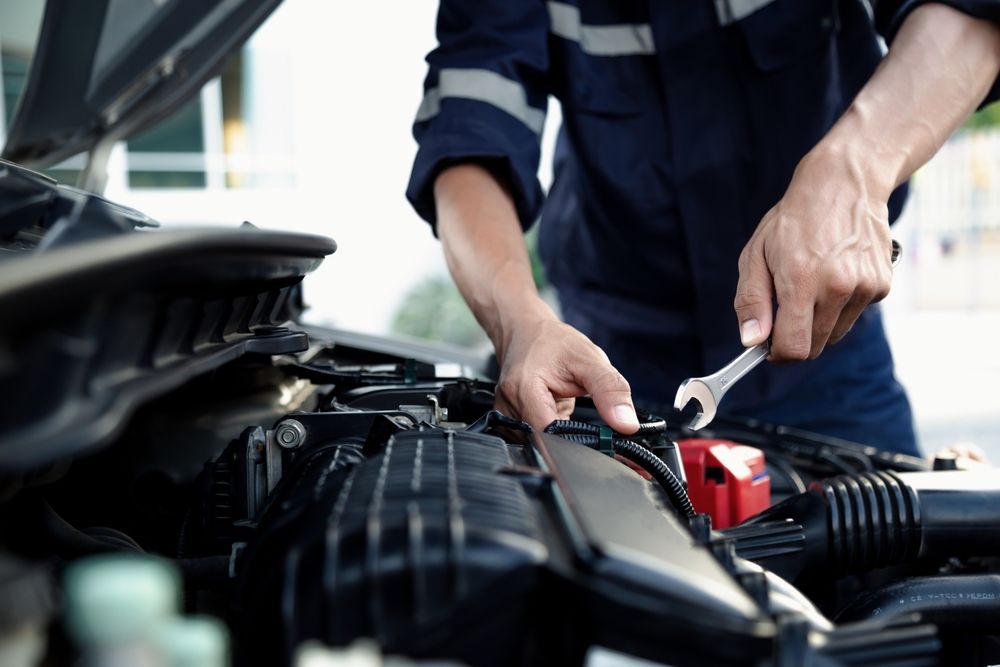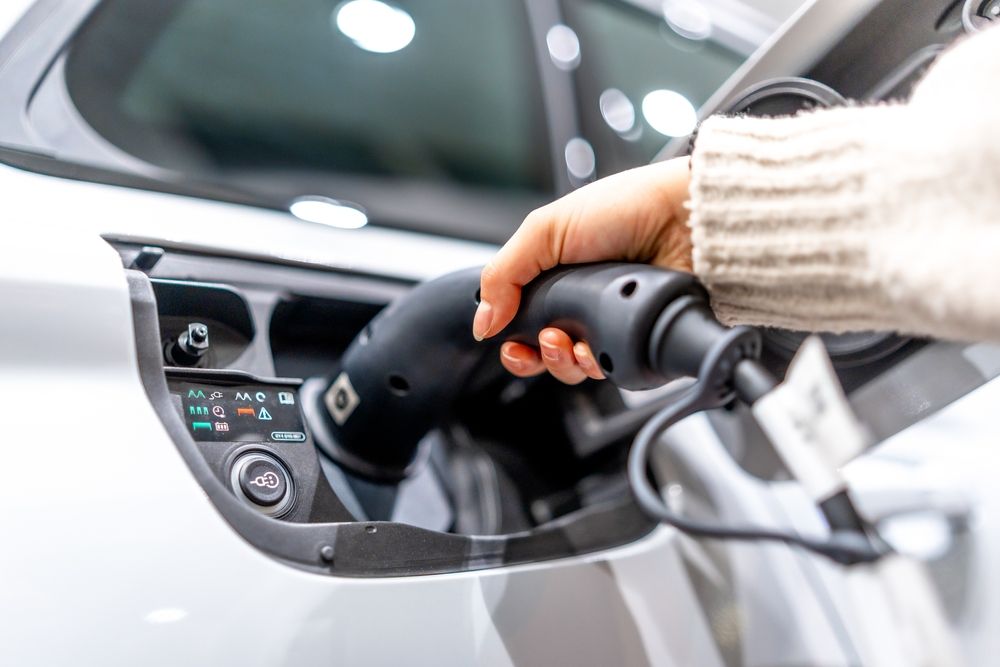Camping during the summer months provides a great opportunity to disconnect from the hustle and reconnect with nature. However, staying connected to our devices for safety, navigation, or even entertainment can be crucial. Solar chargers offer an eco-friendly way to keep electronic devices powered up when off the grid. Choosing the right solar charger involves considering several factors such as efficiency, portability, and compatibility with your devices. This guide will walk you through the essential tips for selecting a solar charger that meets your summer camping needs, ensuring you stay connected without compromising your outdoor experience.
Understand Solar Charger Types
Solar chargers come in various types, each suited to different camping needs. The most common are direct solar chargers, which charge devices directly from sunlight, and solar power banks, which store power in an internal battery for later use. Direct solar chargers are typically lighter and more compact, making them ideal for backpackers who need to minimize weight. Solar power banks, on the other hand, are better suited for situations where sunlight might be inconsistent, as they can charge devices even after the sun has set. Understanding the different types of solar chargers will help you determine which is best suited for your specific camping style and needs.
Look for High Conversion Efficiency
The efficiency of a solar charger is crucial as it determines how quickly it can convert sunlight into usable power. Look for solar chargers with high photovoltaic (PV) efficiency, typically around 20% to 25%. Higher efficiency means faster charging times and less time needed to expose the charger to sunlight. This is particularly important during camping trips when daylight hours are precious, and you might need to charge multiple devices. Efficiency can be affected by the quality of the solar panels and the technology used, so opting for reputable brands that use monocrystalline panels is usually a wise choice.
Consider the Power Output
The power output of a solar charger affects how quickly it can charge your devices. It is measured in watts (W), and for effective camping use, a charger should offer at least 10W of power. However, if you plan to charge larger devices like tablets or multiple smartphones, look for chargers that offer 15W or more. Remember, the higher the wattage, the faster your devices will charge, which can be especially helpful in outdoor settings where charging time may be limited by weather or sunlight conditions.

Check Device Compatibility
Before purchasing a solar charger, make sure it’s compatible with the devices you intend to bring camping. Check the types of connectors the charger supports and ensure it matches your devices, such as micro-USB, USB-C, or Lightning. Additionally, some solar chargers come with an integrated battery pack, which can be particularly useful for charging devices that require a more stable power supply or need charging overnight.
Portability and Durability
For camping, the portability and durability of a solar charger are key. You’ll want something lightweight and compact, yet robust enough to withstand outdoor conditions. Look for chargers designed with rugged materials that can resist water, dust, and shocks. Features such as foldability or rollability can also enhance portability while providing the flexibility to adjust the panels to capture optimal sunlight. A charger with a solid, durable design ensures that it can survive being packed in a crowded bag and handle the occasional drop or harsh weather.
Weather Resistance
Since camping often exposes you to unpredictable weather, choosing a solar charger with good weather resistance is essential. Look for models that offer waterproof and dustproof capabilities. Some chargers are specifically designed to function in various environmental conditions, and these specifications should be clearly stated by the manufacturer. Weather-resistant features will not only protect your investment but also ensure that the charger continues to function effectively, even in adverse weather conditions.
Additional Features
Some solar chargers come with additional features that can be extremely useful for camping. Features such as built-in LED lights can serve as a flashlight or emergency light in the dark. Others might have integrated stand designs that allow you to position the panels in direct sunlight easily. Consider chargers with multiple output ports if you need to charge several devices simultaneously. These extra features can enhance the usability and convenience of your solar charger during your camping trips.
Read Customer Reviews and Product Testing
Before making a final decision, read customer reviews and look for any product testing results. Reviews from other users can provide insight into how the charger performs in real-world conditions, which can be different from what is advertised. Pay attention to comments about the charger’s durability, efficiency, and overall performance. Product testing results from reliable sources can also help you gauge the effectiveness and reliability of the solar charger under various conditions.
Compare Price and Warranty
Finally, compare prices and check the warranty offered by different brands. While you might be tempted to go for cheaper options, investing in a higher-quality charger with a good warranty can save you money in the long run. A warranty can provide peace of mind, ensuring that your charger is protected against defects and performance issues. Balancing cost and quality carefully will help you choose a solar charger that offers the best value for your money and needs.
By following these tips, you can find a solar charger that enhances your summer camping experience, keeping your devices powered and ready for whatever adventures lie ahead. Whether you're looking to document your trip, navigate backcountry trails, or simply stay connected with loved ones, the right solar charger can make all the difference.




